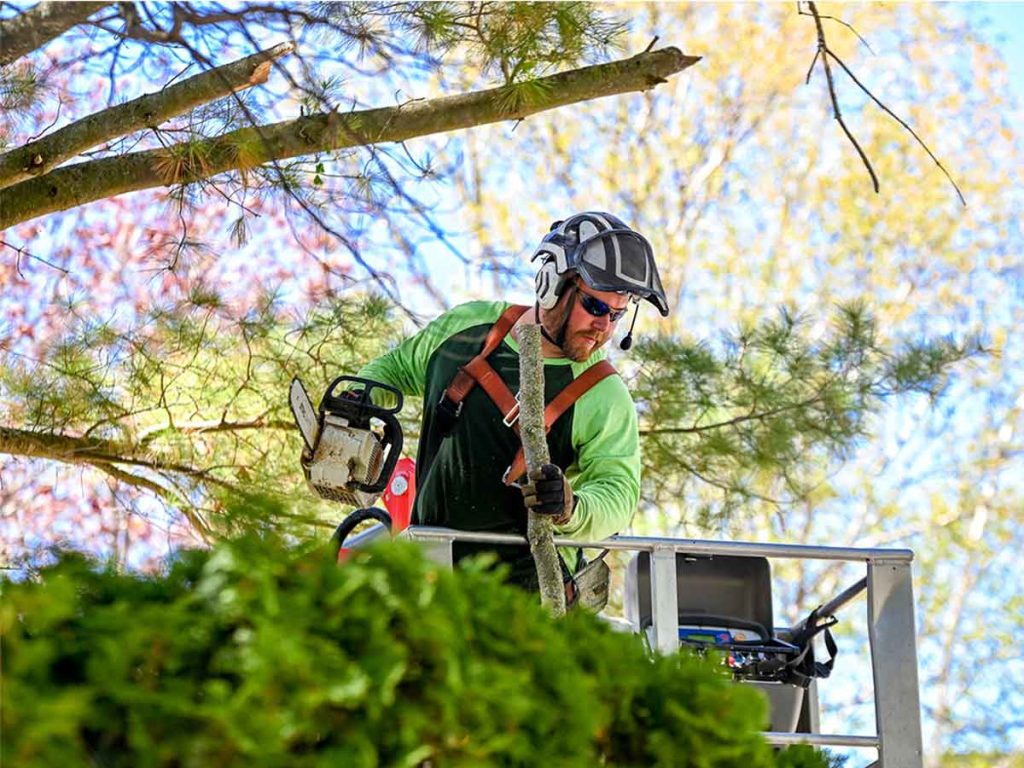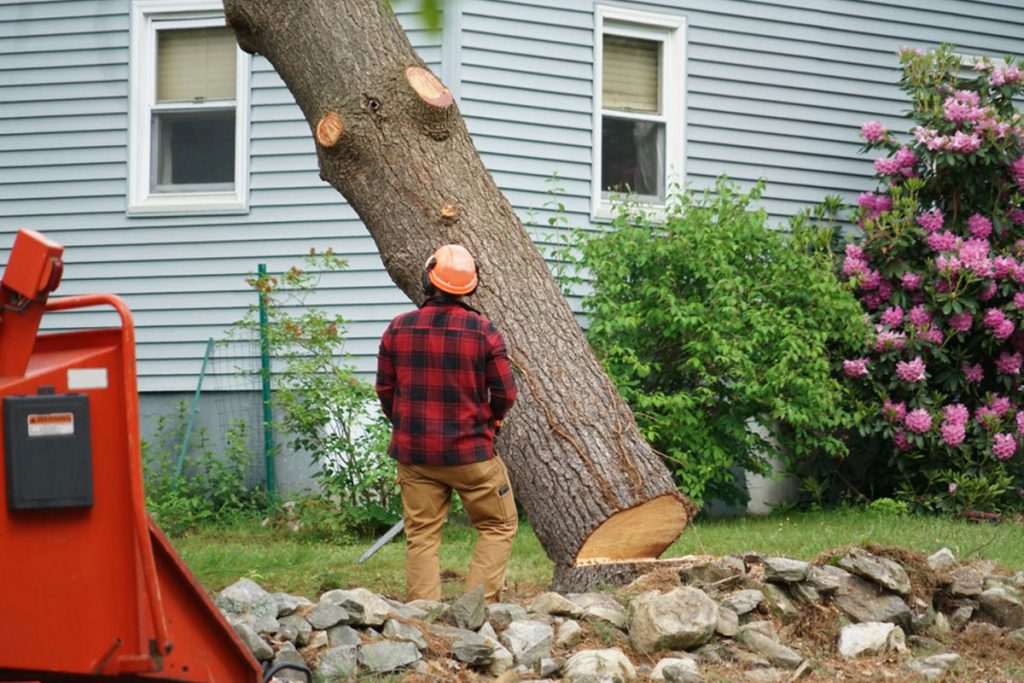Success in business is not just about working harder, but about working smarter. Many entrepreneurs struggle because they fail to invest wisely or follow clear strategies. Smart business investment is more than just putting money into an idea it requires planning, patience, and proven techniques you can check on SickForProfit. By applying practical tips, anyone can unlock growth and create long-term success. This article explains simple ways to make business investments work for you, along with useful strategies that can be applied in different industries.
Why Smart Investment Matters
Making smart investment choices gives businesses a strong foundation for stability and growth. Without proper planning, money and resources can quickly go to waste. Smart investment allows you to:
- Reduce risks and avoid unnecessary losses.
- Strengthen cash flow for better financial management.
- Build long-term profits instead of short-term gains.
- Create opportunities for expansion and innovation.
When investment is backed by research and strategy, it turns into a powerful tool for achieving business goals.
Tips That Actually Work

Following the right steps can make a huge difference in your success journey. Here are some direct and practical tips:
- Set Clear Goals – Define what you want to achieve. Whether it is higher revenue, brand growth, or more customers, clarity drives better decisions.
- Start Small, Scale Gradually – Avoid putting everything into one big investment. Begin small, test results, and expand once you see steady progress.
- Focus on Value Creation – Successful businesses thrive when they offer genuine value. Invest in products, services, or solutions that solve real problems.
- Monitor and Adjust – Keep track of your investments. If something is not working, change your approach instead of sticking with losses.
- Diversify Wisely – Never depend on just one stream of income. Explore multiple investment opportunities to protect against risks.
- Invest in Knowledge – Skills, training, and research are powerful assets. The more you learn, the better your decisions will be.
Building Long-Term Success
Short-term profits may look attractive, but they do not guarantee stability. To ensure long-term success:
- Reinvest a portion of profits back into the business.
- Focus on customer satisfaction to create repeat buyers.
- Keep your business flexible and open to innovation.
- Maintain strong financial discipline by controlling unnecessary expenses.
Unlocking success with smart business investment is about making wise choices, not just big ones. By setting clear goals, monitoring progress, and focusing on value, anyone can create lasting results. The best part is that these tips are simple to apply and work across different industries. Remember, success is not built overnight, but with consistent effort, smart investments, and practical strategies, business growth becomes achievable and sustainable.





